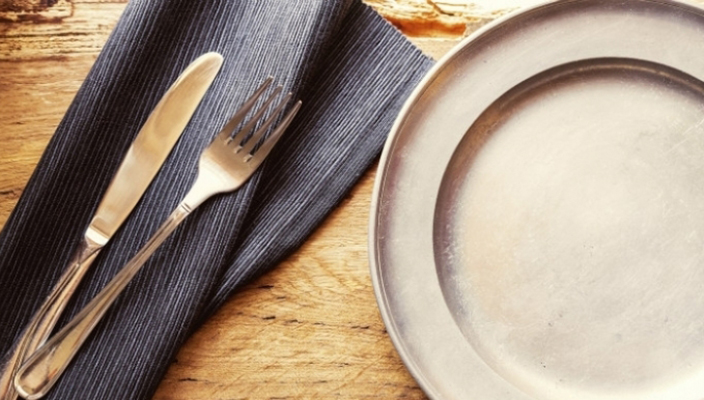
There are numerous reasons you may not be able to fast on Yom Kippur: maybe you’re pregnant, you’re a diabetic, you have an eating disorder, or you have medications that must be taken with food.
First of all, thank you for taking care of your body, which is a mitzvah. The Hebrew word for it is “Lishmor HaGuf” (to guard the body), and it is just as important a mitzvah as any other, including the Yom Kippur fast.
When fasting is not feasible, here are some other ways to observe Yom Kippur.
Eat precisely.
What I mean by this directive is to eat exactly what you are supposed to eat – no more and no less. If your doctor has given you a diet, have you ever stuck to it strictly for an entire day, with no cheating? If you’re supposed to eat five vegetables, eat five vegetables. If you’re supposed to leave refined sugar alone, leave it alone. If you’re supposed to eat three balanced meals, don’t do just one or two. Following your doctor’s orders exactly is a discipline, too.
Abstain from things other than food.
Traditionally, we refrain from five things during the 24 hours of Yom Kippur: eating and drinking; engaging in sexual relations; anointing ourselves with cream, oils, and other products for pleasure; bathing and shaving; and wearing leather. If your health dictates that you must eat and/or drink, you still can refrain from these other activities. You may find "Meditation Before Yom Kippur for One Who Cannot Fast" to be meaningful as well.
Attend services.
The Yom Kippur services are some of the most moving of the entire year. From in the evening to , the day’s closing service the following evening, the services carry us on an arc of spirituality and emotion that must be fully experienced to be understood. Find a Reform congregation near you.
Use the day for serious reflection.
The true purpose of Yom Kippur is to examine our lives, individually and communally, and to seek out ways to be better Jews and better human beings. You can do this whether you fast or not.
Use the day for prayer.
“Prayer” can take many forms. If you’re uncomfortable with the words in the machzor (High Holiday prayer book), you have two choices: You can let them float on by and say your own prayers, or you can struggle with them and think about why they bug you. That’s a form of prayer, too. Whether or not you’re new to Jewish prayer, these tips for beginners may be helpful on Yom Kippur.
One final note: As a kindness to others, eat or drink out of their sight. Slip out to the car for your packed lunch or go home for meals, and don’t carry a water bottle around if you can avoid it. Rachmanes (mercy) is a mitzvah, too.
Wishing you a meaningful Yom Kippur and a sweet New Year.

